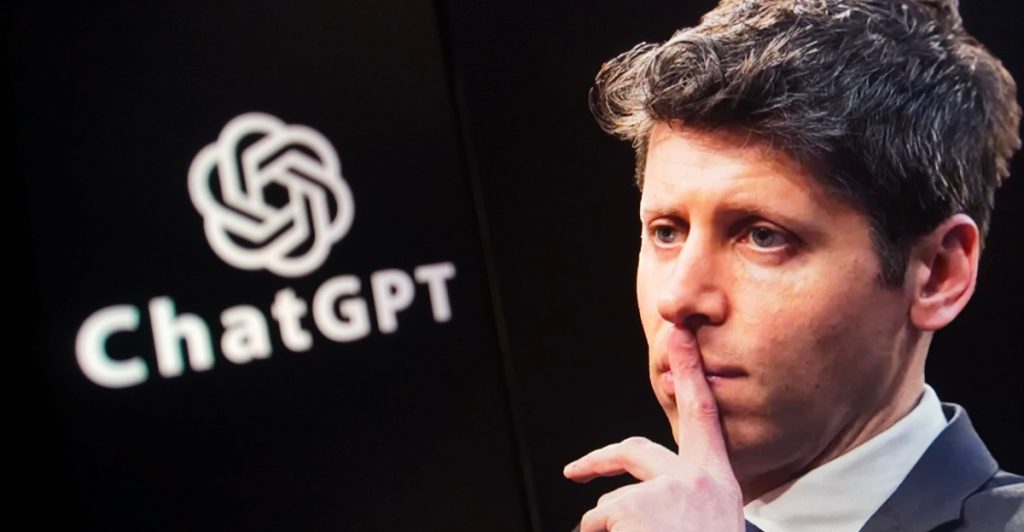The company behind ChatGPT says this shift could mark the early stages of Artificial General Intelligence (AGI), a form of AI capable of thinking and learning like a human.
Others are reading now
Artificial intelligence is moving faster than many expected — and according to new research from OpenAI, several professions are already nearing the point where machines can outperform humans. The company behind ChatGPT says this shift could mark the early stages of Artificial General Intelligence (AGI), a form of AI capable of thinking and learning like a human.
Testing the road to AGI
While a fully functional AGI system doesn’t yet exist, OpenAI says it is getting closer. The company recently introduced GPDval, a benchmark designed to measure how far current AI models have advanced toward that goal.
The test evaluates 44 professions across nine industries — from law and journalism to pharmaceuticals and software engineering — comparing AI’s performance with human professionals. The results show that AI already matches or exceeds human ability in 49% of the roles analyzed.
A score of 50% would mean AI performs as well as or better than humans in most job-related tasks. And according to OpenAI’s findings, three professions are already at or just past that threshold — suggesting they are likely to be the first to experience widespread automation.
Project managers on the line
Project management topped the list, with AI achieving a 52% performance score. OpenAI’s report highlights that AI systems can automate repetitive administrative work such as scheduling, tracking progress, and allocating resources.
Also read
Beyond that, AI can analyze vast data sets to identify risks, forecast project outcomes, and optimize workflows — often faster and more accurately than a human manager. This allows leaders to focus on strategic planning rather than day-to-day coordination.
Coders under pressure
Software development is another field where AI is rapidly closing the gap. The study found that AI models scored 50%, matching the capabilities of human developers in key areas such as code generation, debugging, and efficiency optimization.
Tools like GitHub Copilot and OpenAI’s Codex already automate parts of the development process, and experts believe the trend will accelerate as models become more advanced.
The creative shift
AI also reached a 50% performance level in audiovisual production and direction — a field once considered deeply human. According to OpenAI’s data, new AI systems can now automate much of the post-production process, including clip editing, sound cleanup, subtitle creation, and color correction.
These capabilities dramatically reduce turnaround times and production costs, raising questions about how creative professionals will adapt as automation spreads through the entertainment industry.


